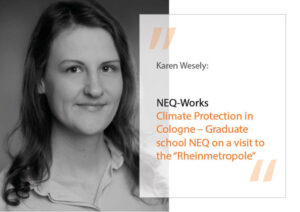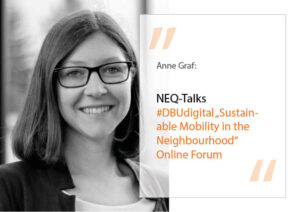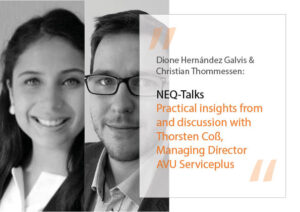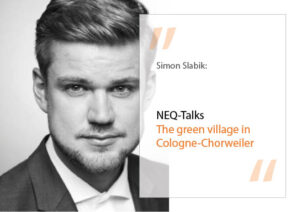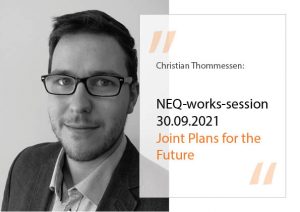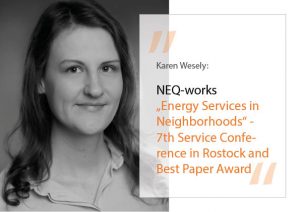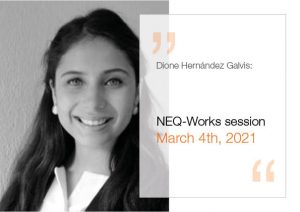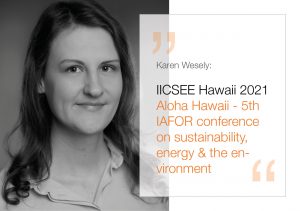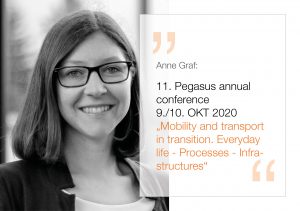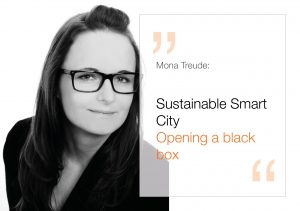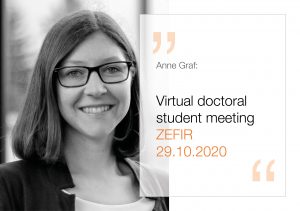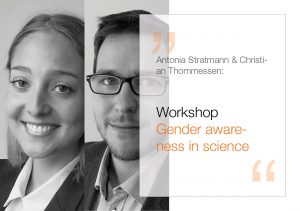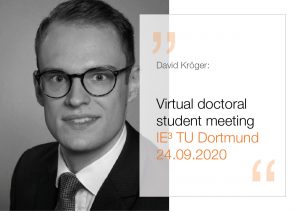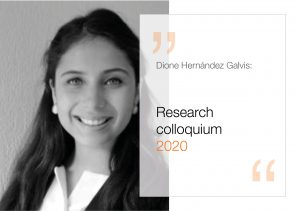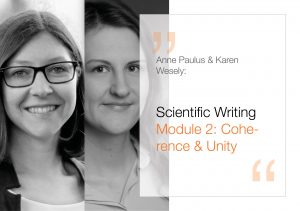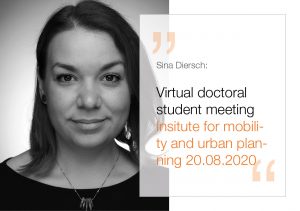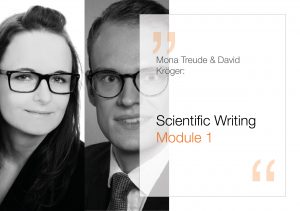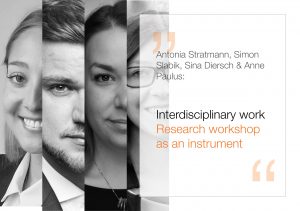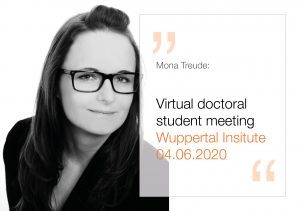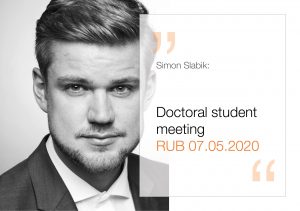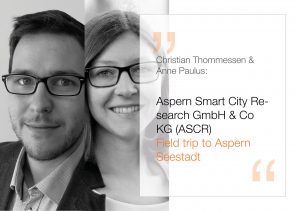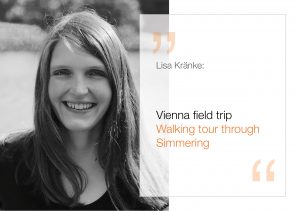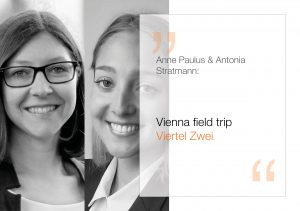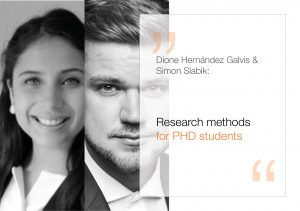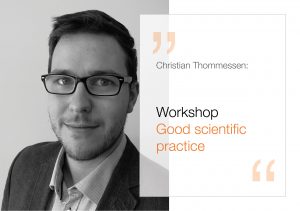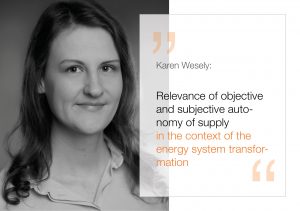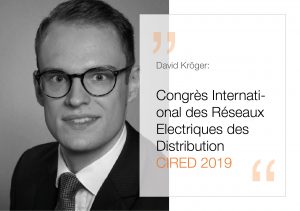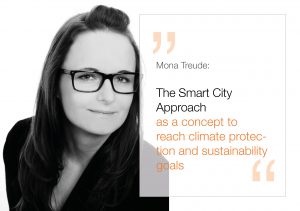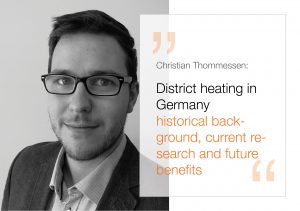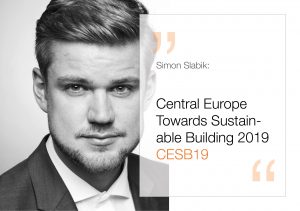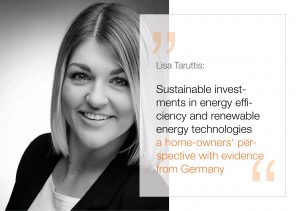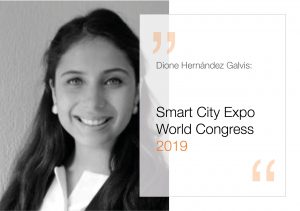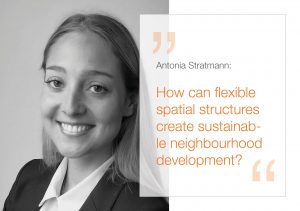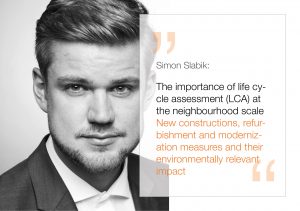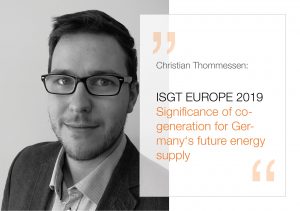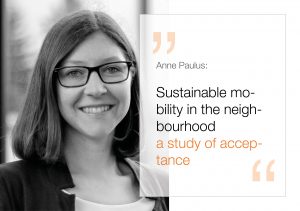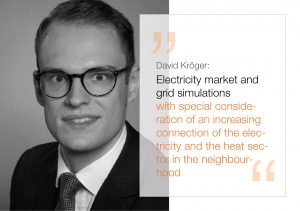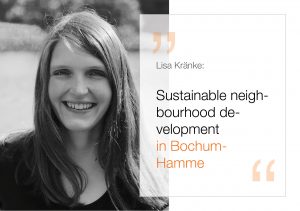Graduate School
for Sustainable Energy Systems in Neighbourhoods
Final Conference of the Graduate School "Sustainable Energy Systems in Neighborhoods"
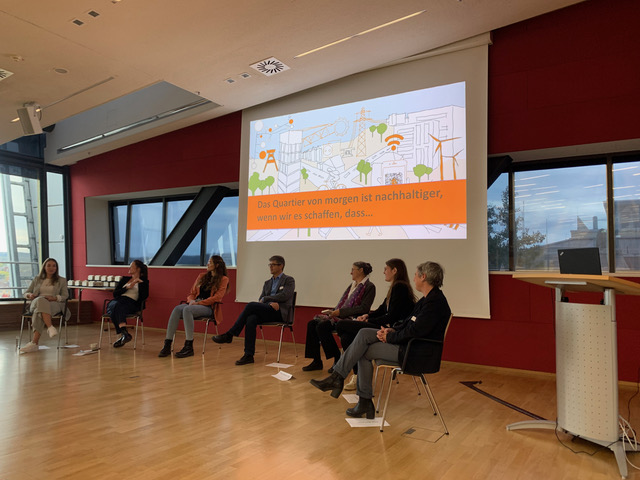
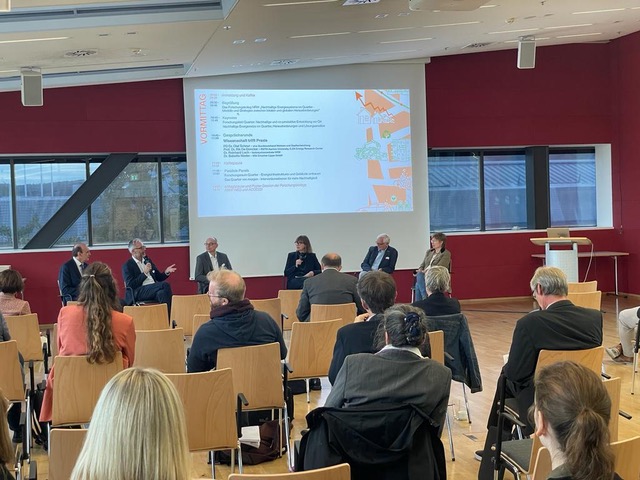
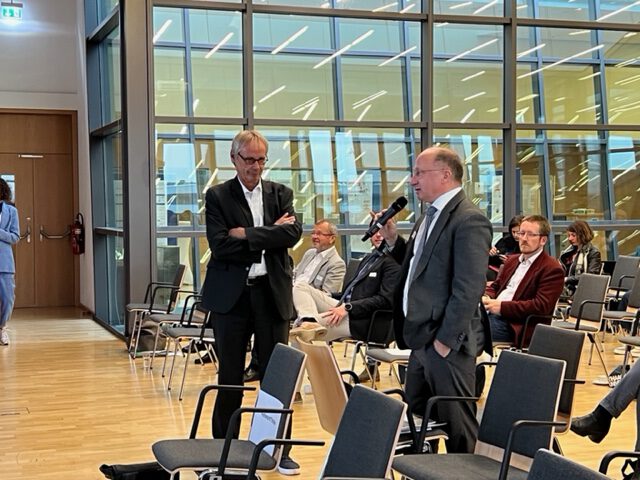
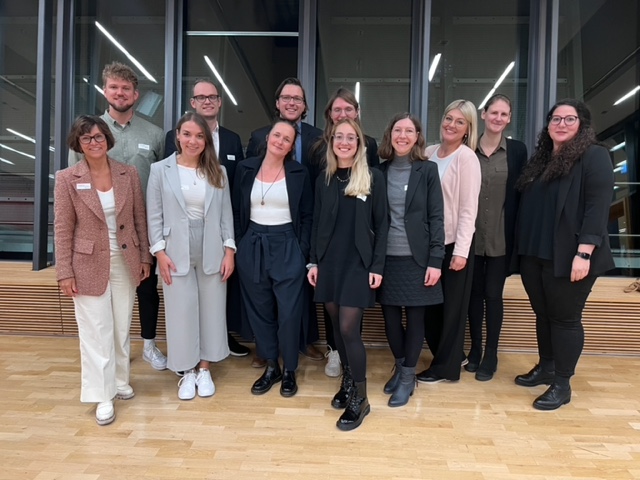
A lively discussions happened after the keynotes at the final conference of the graduate school “Sustainable Energy Systems in Neighborhoods”. How can we advance the energy transition in the neighborhood and which technologies and planning approaches can be combined to create a system that is as sustainable as possible? How can we activate the residents and users of our cities and motivate them to use transport, heat and electricity in a CO2-saving way? On November 3, 2022, these and other explosive questions surrounding the topic of sustainable neighborhood development were debated at the RWTH in Super C in lectures, discussion rounds, and on the basis of the posters of the doctoral students of the graduate schools NEQ and ACCESS!
Once again, we would like to thank all participants for their great commitment and their excellent technical input, which made this conference an all-around successful conclusion of the Graduate School “Sustainable Energy Systems in Neighborhoods”.
Christine Hahn
Canan Celik
Handbook Energy Efficiency in Neighbourhoods
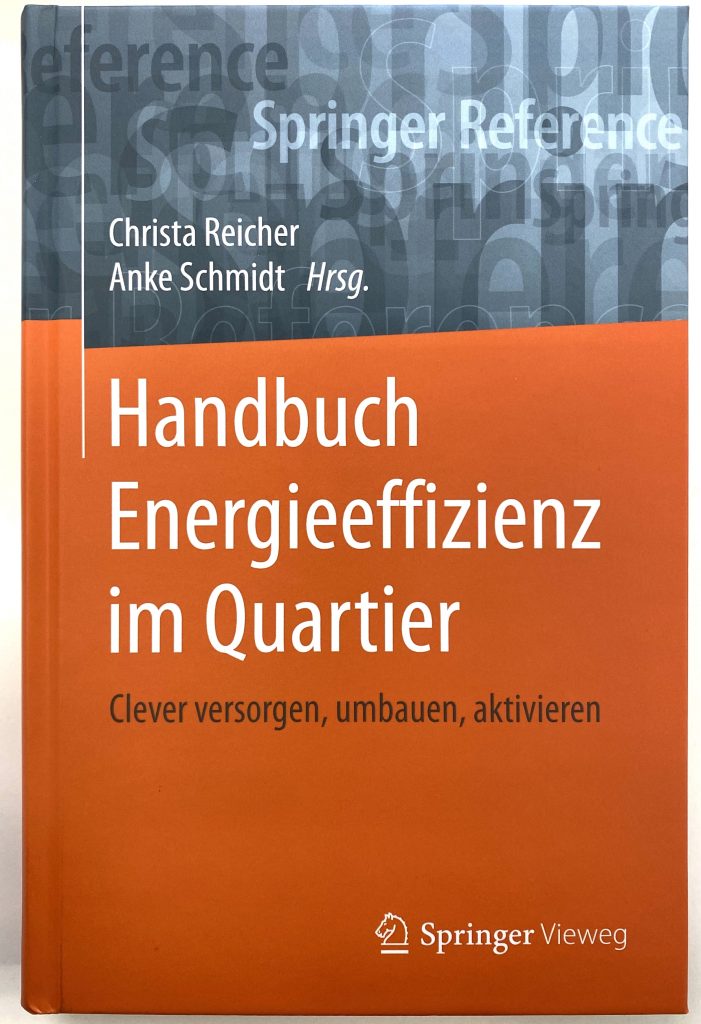
Out now:
As part of the first funding phase of the Graduate School EEQ: Energy Efficiency in the Neighbourhood, 11 doctoral students from various disciplines have completed their doctorates on topics related to energy efficiency in the neighbourhood. In their work, solution approaches and recommendations for actors in the energy transition are developed. Possibilities and perspectives for energy production, grids and operator models at the neighbourhood level are explained. The publication is available from Springer Verlag since July 2021.
2nd Phase of the Graduate School "Energy Efficiency in Neighbourhoods"
The NRW Research College “Sustainable Energy Systems in the Neighbourhood” aims to develop technical, economic and social control models to increase energy efficiency in the neighbourhood. With its broad interdisciplinary composition and embedding in practice (transdisciplinary), the Research College makes an important contribution to developing integrated concepts and promoting necessary understanding between the disciplines and between future scientists and practitioners from different disciplines. Specific possibilities for action and options support the parties involved, above all municipal utilities, local authorities, politicians and citizens, in driving forward the energy transition in neighbourhoods.
The publications produced by the researchers within the framework of the Graduate School can be found here.


